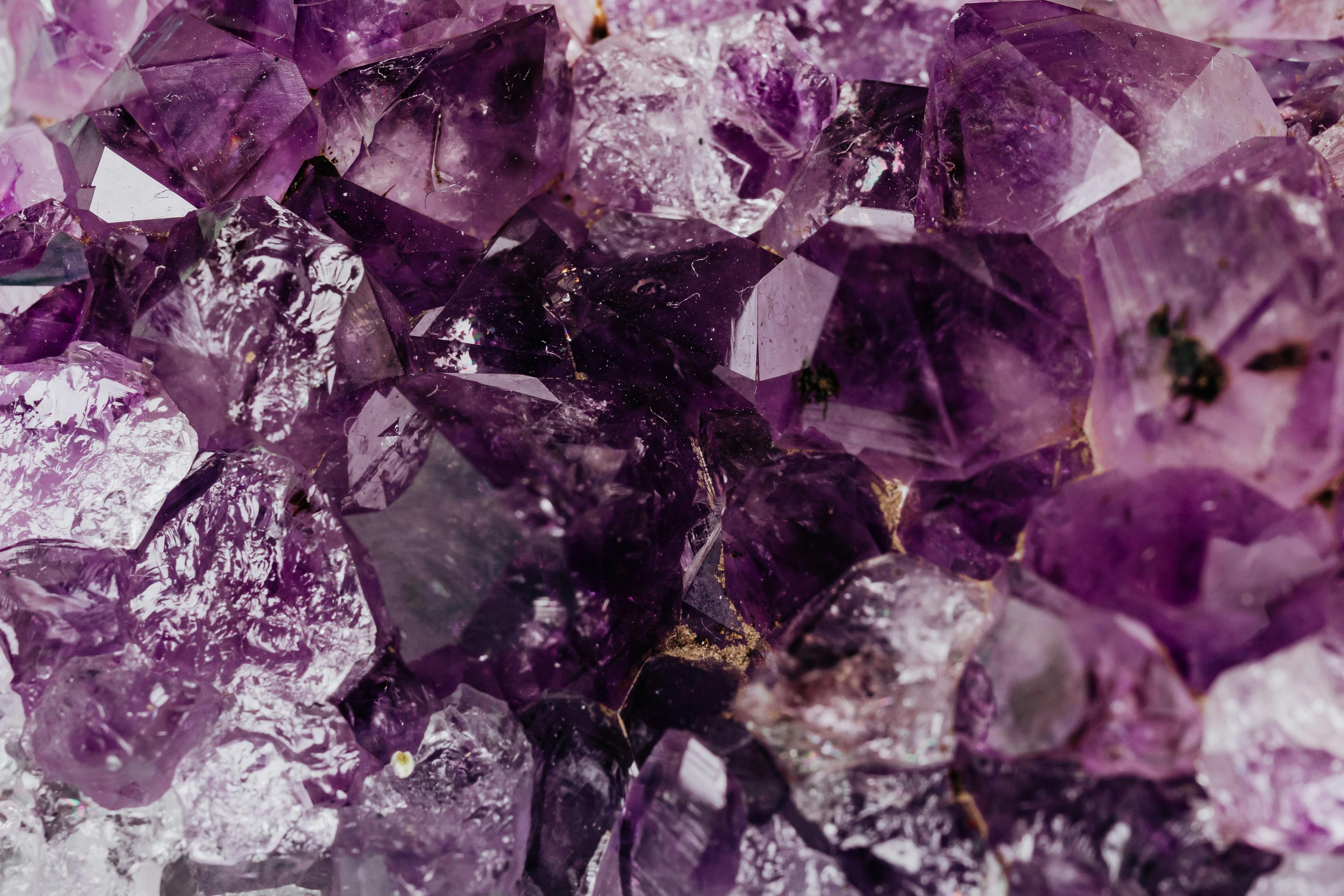Article: Waterproof jewellery vs traditional jewellery: pros and cons

Waterproof jewellery vs traditional jewellery: pros and cons
In the world of accessories, jewellery has always held a special place. It’s more than just an adornment; it’s a form of self-expression, a symbol of culture and heritage, and often a marker of significant life events.
With advancements in technology and materials, waterproof jewellery has become increasingly popular. But how does it compare to traditional jewellery? Let's explore the pros and cons of both.
Waterproof Jewellery
Pros
- Durability Waterproof jewellery is designed to withstand exposure to water, making it ideal for everyday wear. Whether you're swimming, showering, or caught in the rain, these pieces remain unaffected.
- Low maintenance These pieces require minimal care. They do not tarnish or corrode easily, allowing you to wear them constantly without worrying about frequent cleaning.
- Versatility Waterproof jewellery is perfect for everyday wear. You can transition seamlessly from a day at the beach to an elegant evening out without needing to change your accessories.
Cons
- Limited material options Waterproof jewellery is often made from specific materials like silicone, stainless steel, or certain coated metals. This can limit the variety and style options compared to traditional jewellery.
- Aesthetic appeal While functional, some may argue that waterproof jewellery lacks the intricate designs and craftsmanship seen in traditional pieces.
- Price High-quality waterproof jewellery can be expensive due to the specialised materials and manufacturing processes involved.
Traditional Jewellery
Pros
- Variety Traditional jewellery offers a vast array of materials, including gold, silver, platinum, and various gemstones. This allows for more diverse and intricate designs.
- Craftsmanship Traditional pieces often showcase exceptional artistry and craftsmanship, making them timeless and valuable.
- Heritage and sentiment Traditional jewellery often carries sentimental value and can be passed down through generations as heirlooms.
Cons
- Maintenance Traditional jewellery requires more care to maintain its shine and prevent tarnishing. This can include regular cleaning and occasional professional servicing.
- Vulnerability Exposure to water and harsh chemicals can damage traditional jewellery. You need to remove these pieces before swimming, showering, or engaging in certain activities.
- Cost High-quality traditional jewellery can be very expensive, particularly those made from precious metals and gemstones. It might not be the most practical accessory for everyday due to reasons such as safety and maintenance.
Conclusion
Choosing between waterproof and traditional jewellery ultimately depends on your lifestyle and preferences. If you lead an active life and prefer low-maintenance accessories, waterproof jewellery may be the better option. However, if you value craftsmanship, variety, and the potential for heirloom pieces, traditional jewellery remains unmatched.
Both types of jewellery have their own unique advantages and drawbacks. By understanding these, you can make an informed decision that best suits your needs and style.
Explore how jewellery from Splash can meet your unique needs.



